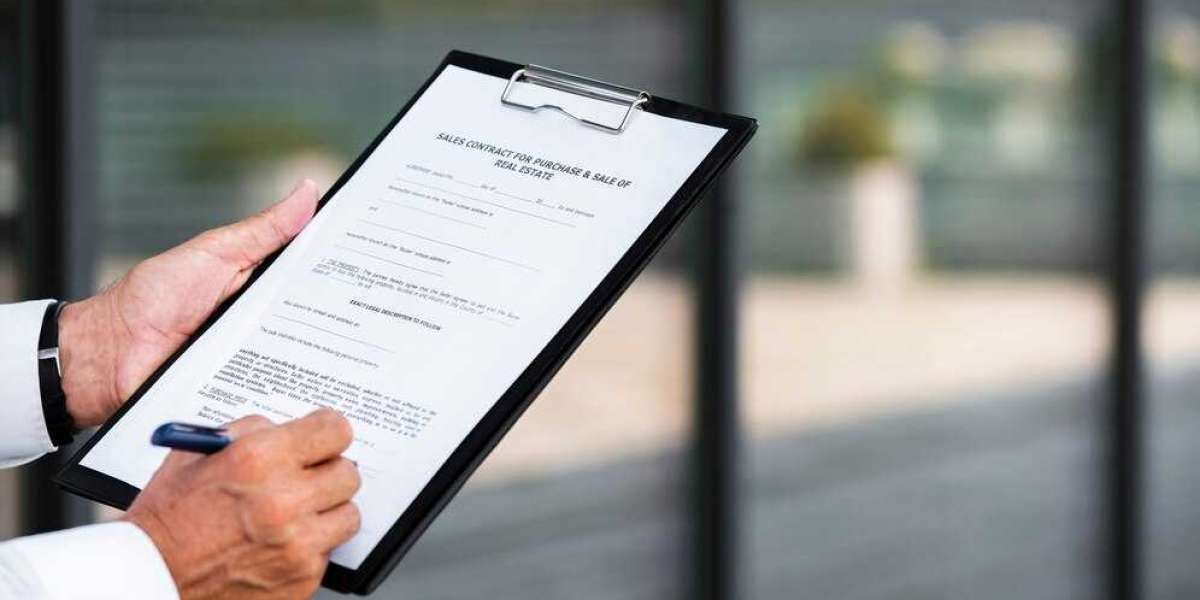Applying for a premises licence can be a complex process, but it's essential for any business that plans to sell alcohol or provide entertainment. Whether you're opening a pub, restaurant, nightclub, or shop, understanding the steps involved will help ensure a smooth application process. INN Confidence Ltd, a trusted consultancy in this field, provides expert guidance to help businesses meet all legal requirements efficiently.
What is a Premises Licence?
A premises licence is a legal document businesses in England and Wales require to sell alcohol, provide regulated entertainment, or serve late-night refreshments. Having this licence before starting operations is crucial, as running a business without one can lead to significant fines and penalties.
The premises licence can cover various activities, including:
- Selling alcohol for consumption on or off the premises
- Providing live or recorded music
- Showing films
- Indoor sporting events
- Performance of plays or dance
- Serving hot food and drink between 11 pm and 5 am
/
Understanding which of these apply to your business is the first step in the application process.
How to Apply for a Premises Licence
The Premises Licence Application process involves several key stages, each with its requirements.
- Prepare Your Application
First, you must gather all the necessary information for the premsis license application. This includes the name and address of your business, a detailed description of the premises, and a plan that shows how the space will be used. You'll also need to provide information about the activities you intend to carry out and the hours of operation.
- Consult Responsible Authorities
During the application process, it's essential to consult with the responsible authorities in your local area. This includes the local council, police, fire service, and other relevant agencies that ensure your business complies with public safety, health, and environmental regulations. Consulting these bodies early on can help you avoid potential delays or objections.
- Submit Your Application and Advertise
Once your Premises Licence Application is ready, it must be submitted to your local licensing authority. You must also advertise your application at the premises and in a local newspaper to notify the public. These advertisements allow people to raise concerns or objections if they believe the business could negatively impact the community.
- Dealing with Objections
If there are objections to your premsis license application, the local licensing authority will schedule a hearing. This is your chance to address the concerns residents or responsible authorities raise. It's helpful to come prepared with information about how your business will operate safely and responsibly.
- The Licensing Decision
After the hearing, or if there are no objections, the local licensing authority will decide whether to grant the premises licence. Once granted, the licence will specify the conditions under which your business can operate. It's crucial to adhere to these conditions to avoid potential breaches, which could lead to penalties or revocation of your licence.
The Importance of Getting It Right
Navigating the Premises Licence Application process can be tricky, especially if you're unfamiliar with the legal requirements. Working with a consultancy like INN Confidence Ltd ensures your application is submitted correctly and complies with all regulations. By getting it right the first time, you'll avoid costly delays and ensure your business is ready to open as planned.
In summary, applying for a premises licence involves careful planning, consultation, and understanding local regulations. With the right approach, you can secure the necessary permissions to run your business legally and successfully.








